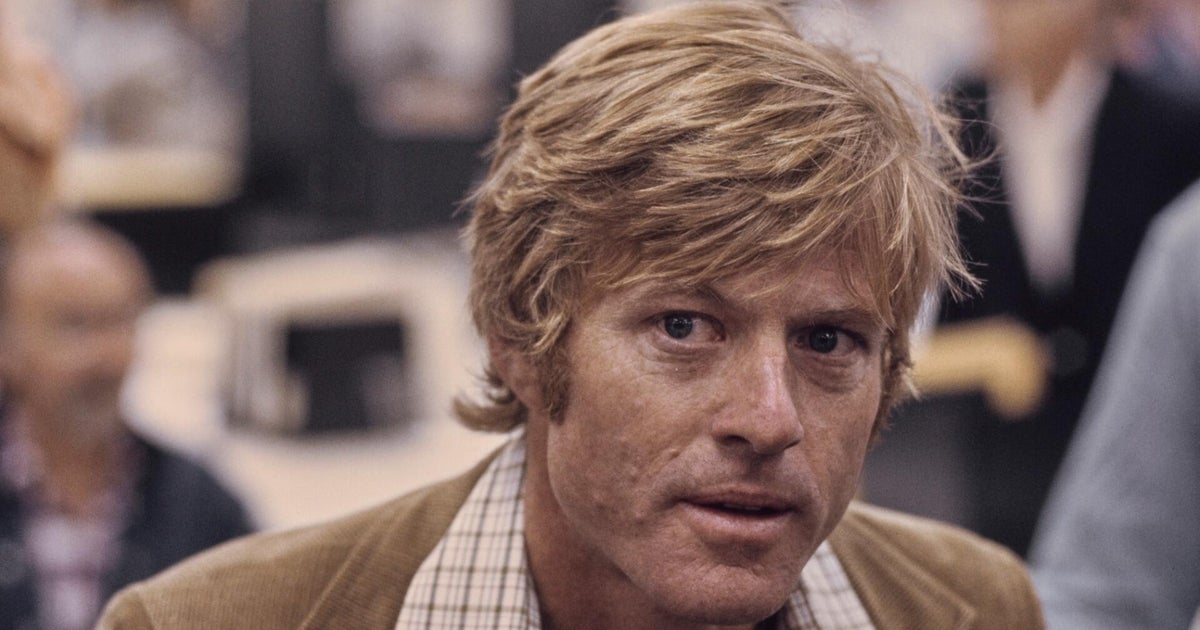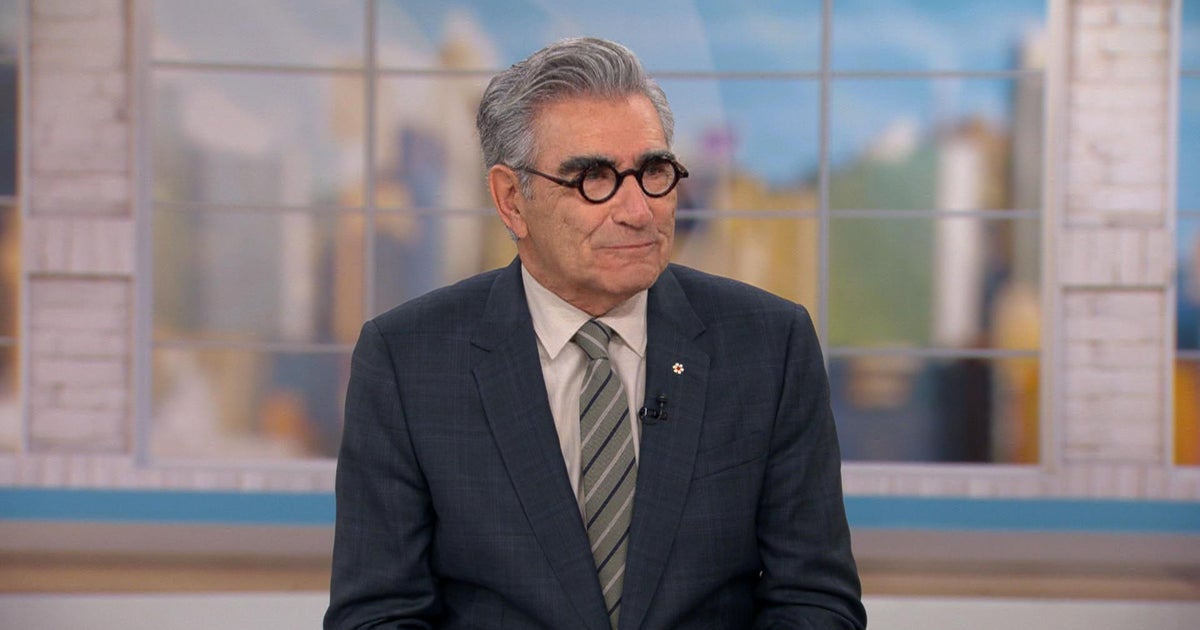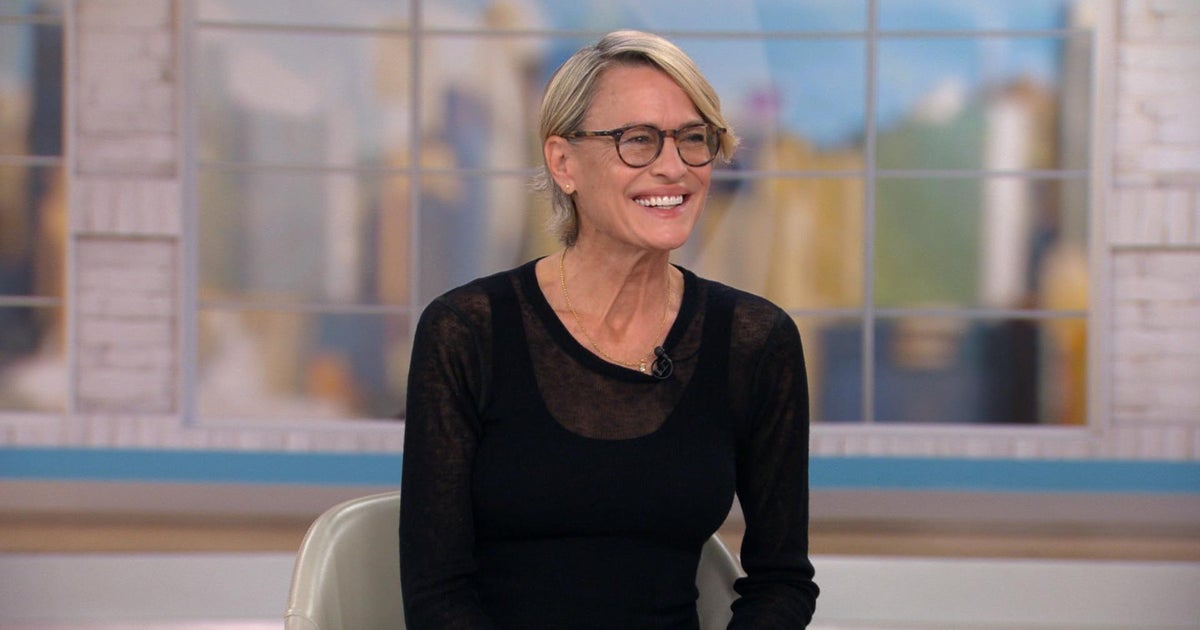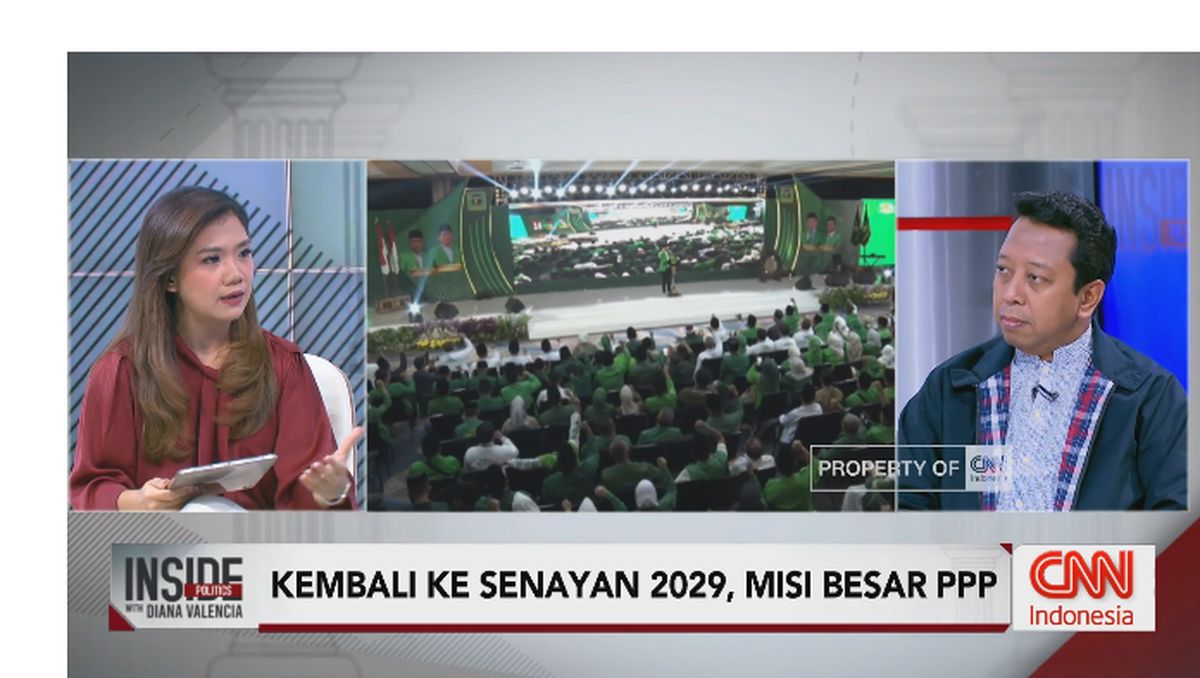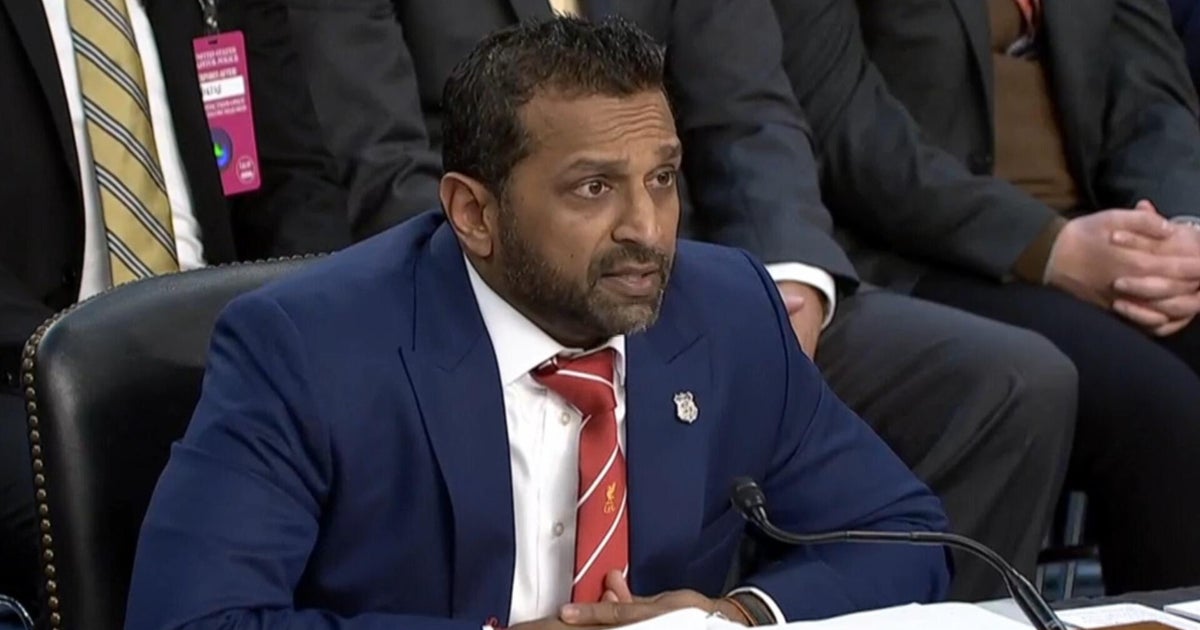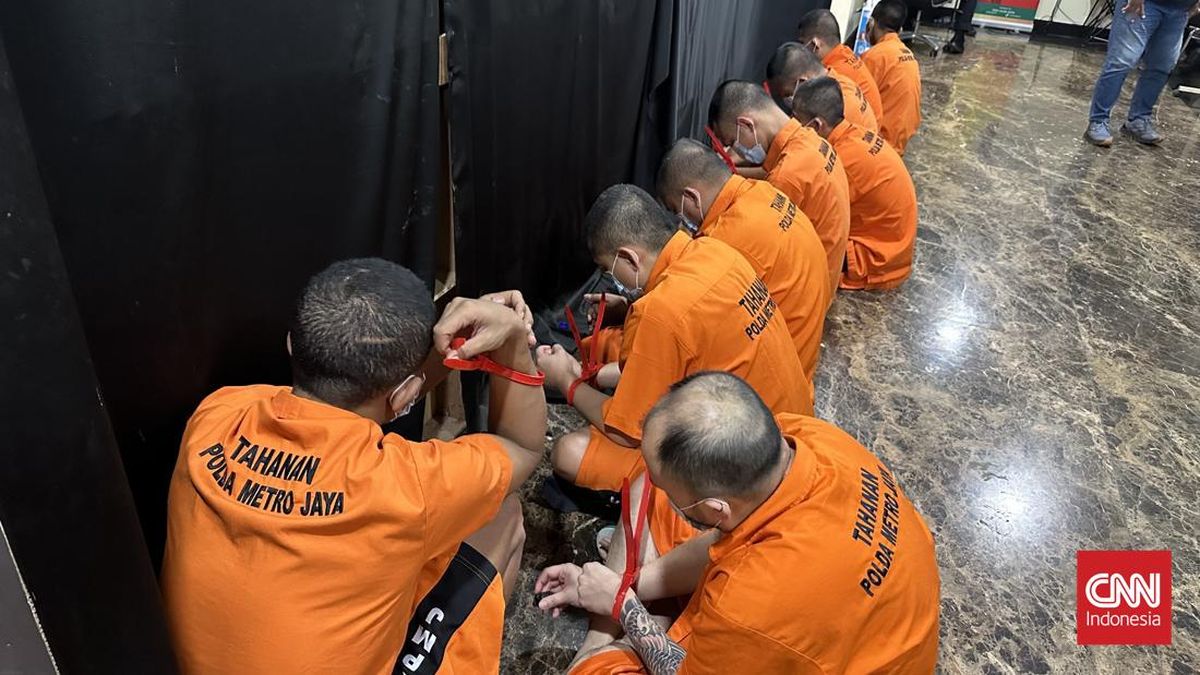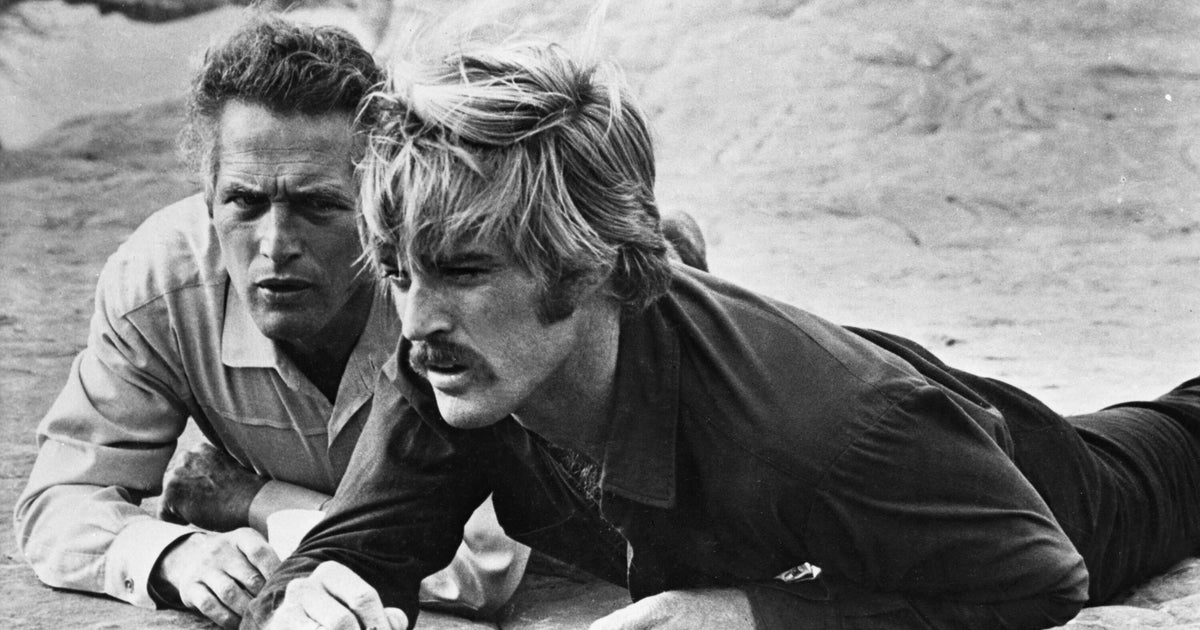As much as I love weddings, surely we can all agree that spending $50 million to pledge til death do us part is a couple of zeros too far. Well, almost all of us can agree on that, but clearly, newlyweds Jeff Bezos and Lauren Sanchez don’t think so, given that’s how much they’re rumoured to have spent on their big day.
In case you missed it, the nuptials of the Amazon founder and former journalist were a three-day affair in Venice, and was attended by 200 guests – including some of the biggest celebrities in the world.

While living like a super rich celebrity in the short term might give you a serotonin hit, it’s a bad idea for your long-term financial health.Credit: iStock
But with so many celebrities (all with sizeable respectable wealth to their names) in attendance came a wall of social media content documenting every designer outfit (of which there were many) worn by the bride, the groom, and their guests, as well as peeks inside the luxury hotels in which they stayed, the yachts on which they partied, the 90 private jets that transported everyone to and from the event, and the hatted restaurants in which they dined.
For all the so-called vulgarity, it was a coveted holiday – one that just about anyone would dream about being invited on.
But as it happens, even without the fame or fortune of those in attendance last weekend, many people aren’t dreaming – they’re doing. In 2025, luxury travel has officially become the latest iteration of keeping up with the Joneses.
Far from being purely a treat for the super rich and famous, this desire to splash cash on oh-so-Instagrammable holidays is currently booming, despite JP Morgan still predicting a 40 per cent chance of a global recession this year.
Don’t get me wrong - if you’re able to celebrate important moments in your life, I’m all for it.
According to a recent report from McKinsey, the luxury travel sector is set to grow by as much as 48 per cent between 2023 and 2025 ($363 billion to $593 billion), with the metric of luxury travel being spending around $700 per night or more on accommodation.
And before you think these kinds of numbers extend only to people like those who were guests at Bezos and Sanchez’s wedding, let me hit you with this fun fact: while these people certainly are within this cohort (those with personal wealth of $45 million or more are known as “ultra-high net worth travellers”) more than a third of holidaymakers enjoying luxury travel have a personal wealth of as little as between $150,000 and $1.5 million.
When looking into the rising travel trend, McKinsey found that this cohort, known as “aspiring luxury travellers”, are happy to spend like millionaires when they go on holiday, despite having relatively modest amounts to their name when they’re at home.
Loading
But unlike those in the ultra-high net worth bracket, aspiring luxury travellers tend to splurge when it’s a special occasion like a honeymoon or milestone birthday. They also demand value for their money, the report found, and tend to spend big on specific experiences or sections of the trip, rather than the whole thing.
As the report notes, unlike the ultrarich, “aspiring luxury travellers often rely on branding to validate their sense that an experience is luxurious.” That’s likely in no small part down to the role that social media plays in our lives, and the comparison culture it can spark in us.
Being able to post a photo of you dining at a restaurant visited by Kylie and Kendall Jenner, or staying at the Thai resort where season three of White Lotus was filmed, for example, offers a certain appeal that’s understandable in the age of Instagram. Not included on the holiday highlight reel, though, might be the on-sale economy Jetstar flights.
Another misconception about those living a life of luxury travel is their age. While most of us would assume they’re grey nomads and retirees, it turns out that 80 per cent are actually aged under 60, with younger people and families with young children among major growth demographics. By 2028, people aged between 30-40 will spend $82 billion, while those aged 40-50 will part with $241 billion.
At this point, you might be thinking, what’s the big deal? If people want to take a nice holiday with their hard-earned cash, let them. And here’s the thing, I’m all for rest and relaxation. But this rise of luxury travel comes with the kind of financial risk that isn’t present with more traditional luxury spending habits.

Jeff Bezos and Lauren Sanchez leave their pre-wedding reception in Venice.Credit: AP
While wanting to treat ourselves in good times isn’t new, historically, luxury purchasing has been on tangible items that can either be classed as assets, or at least hold some value – like designer watches or handbags.
Recently, though, the luxury fashion sector has struggled as people have massively pulled back spending, largely in part due to global economic uncertainty. According to the 2025 State of Fashion report, the market is predicted to grow by just 1 to 3 per cent between 2024 and 2027.
And unlike a designer watch or handbag, a holiday – no matter how amazing the memories may be – is not an asset. Of course, the luxury goods market is not fail-safe. Like any investment, not everything is guaranteed to retain its worth or grow in value over time, and there’s still a risk that you’ll lose money.
But even if you do, there’s a pretty good chance that if you were to resell a $25,000 watch or handbag, you’d get something for it. A $25,000 holiday, though – not so much. Once that money is spent, it’s well and truly gone for good.
When you combine that with the facts that so many of those spending big are still relatively young, have families, and that we’re far from out of the recession risk woods, it’s seriously worrying that so many people are spending with so much carefree abandon.
Don’t get me wrong - if you’re able to celebrate important moments in your life, I’m all for it. Go on the babymoon holiday! Buy the watch to celebrate a promotion! Order the most expensive bottle of wine at your anniversary dinner!
But whatever you do, don’t do it solely to post about it on social media. Because while living like a super rich celebrity in the short term might give you a serotonin hit, the long-term impact of spending so much money on relatively short moments in our lives has the very real potential of making it less of a dream, and more of a nightmare.
Victoria Devine is an award-winning retired financial adviser, bestselling author and host of Australia’s No.1 finance podcast, She’s on the Money. She is also founder and director of Zella Money.
- Advice given in this article is general in nature and is not intended to influence readers’ decisions about investing or financial products. They should always seek their own professional advice that takes into account their own personal circumstances before making any financial decisions.
Expert tips on how to save, invest and make the most of your money delivered to your inbox every Sunday. Sign up for our Real Money newsletter.
Most Viewed in Money
Loading


